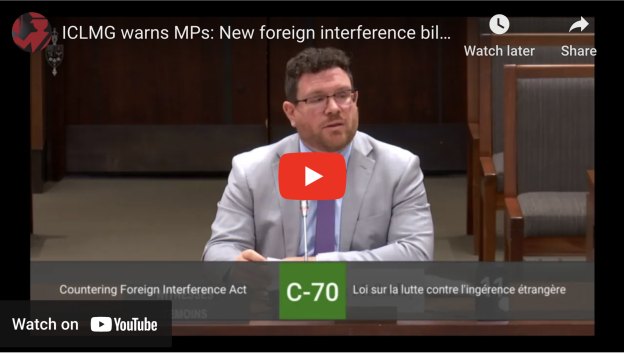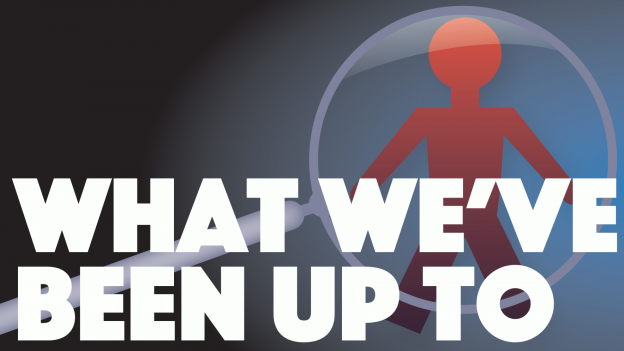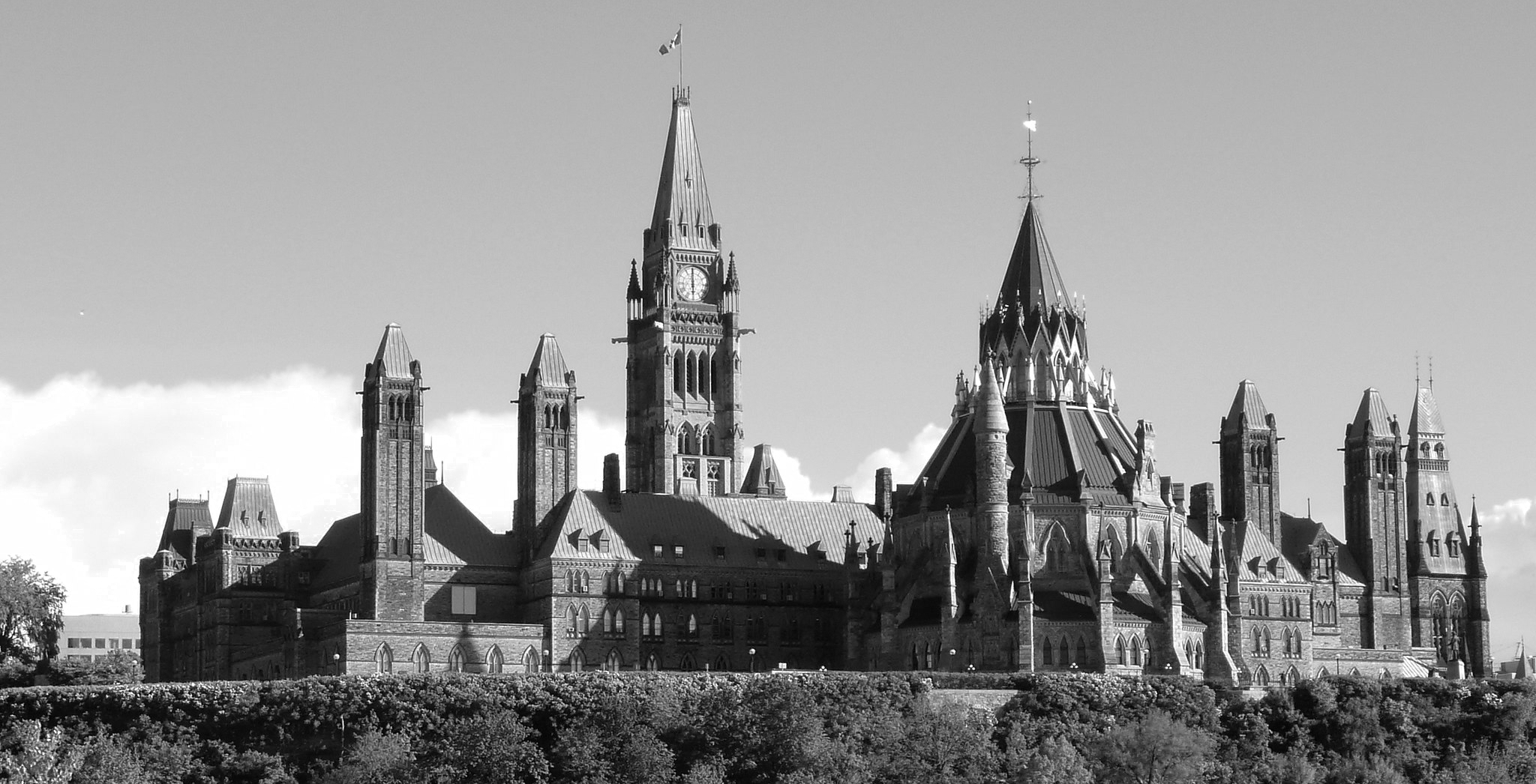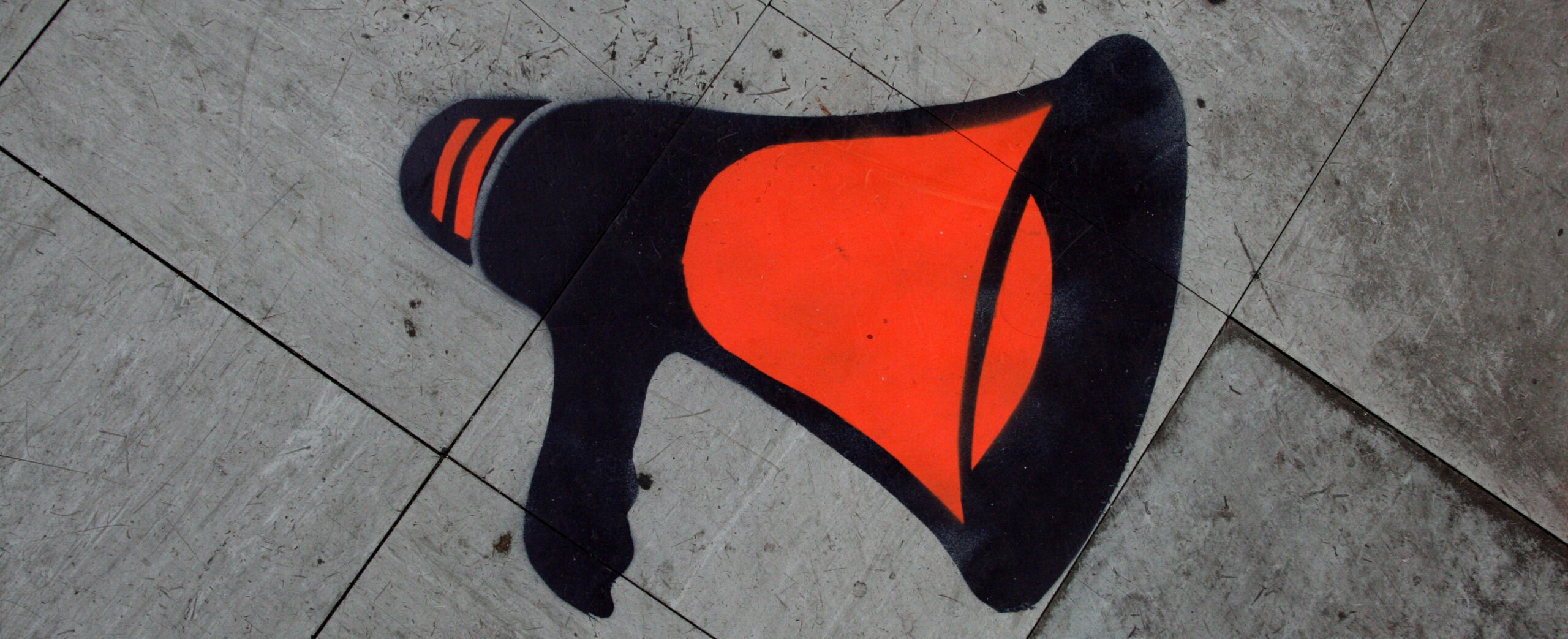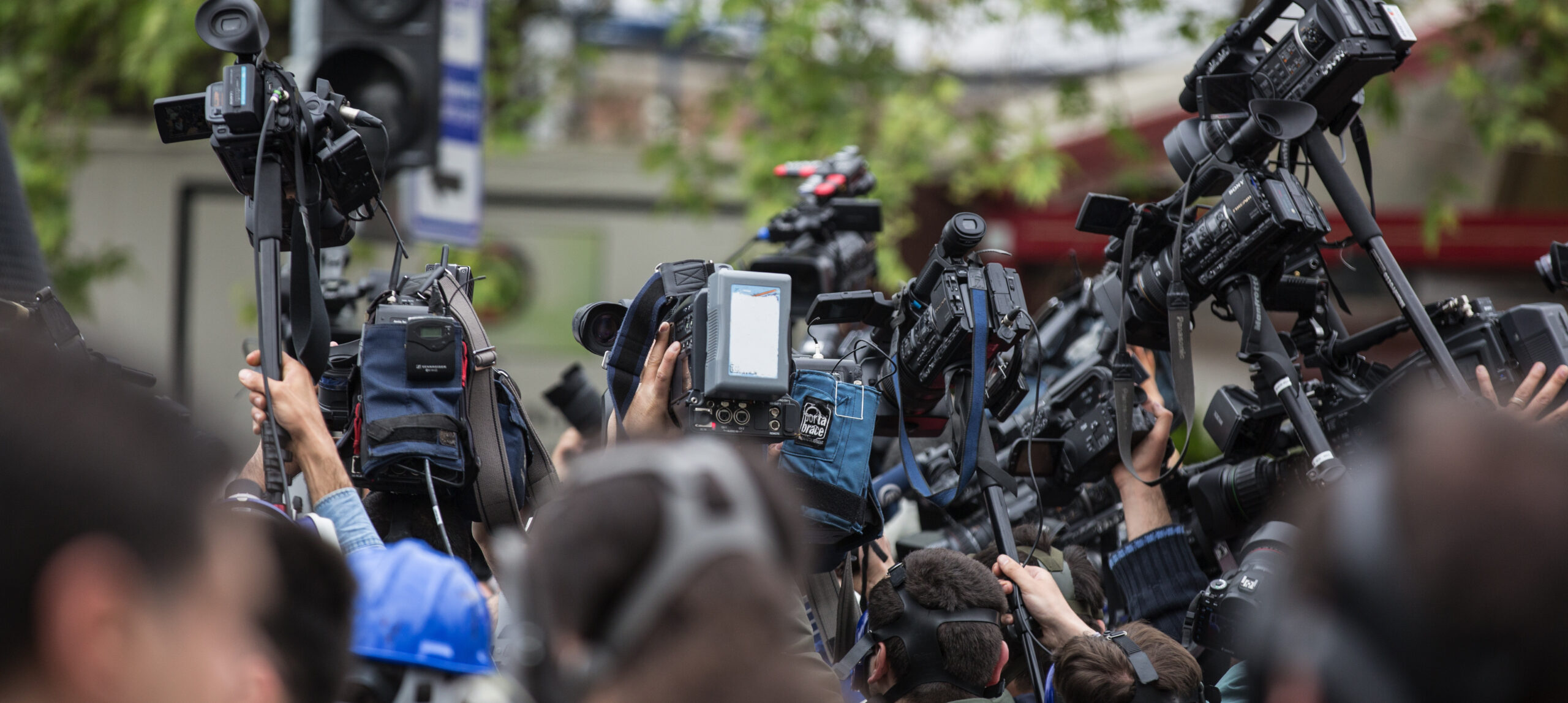ICLMG’s National Coordinator, Tim McSorley, testified about the many concerns with Bill C-70, the Countering Foreign Interference Act, at the House of Commons Standing Committee on Public Safety and National Security on Monday June 3rd.
The bill, which contains provisions that would have significant impact on the rights and liberties of Canadians, was tabled a mere month ago while the commission of inquiry on foreign interference is ongoing. Bill C-70 is scheduled to be studied for only one week, leaving no time for careful analysis or participation from many expert individuals and groups. ICLMG itself only received an invitation less than three days before our appearance.
We shared with the committee our most pressing concerns within our allotted 5 minutes:
- Providing CSIS with new forms of warrants, granting it extra-territorial reach for foreign intelligence activities, and allowing the service to disclose information to any person or entity, in order to build “resiliency,” would lead to increased surveillance, diminished privacy, and racial, religious and political profiling
- Powerful new offences for – even minor – actions taken secretly at the behest of foreign entities, punishable by up to life in prison, could infringe on freedom of expression and association, and raises concerns of proportionality in sentencing
- The bill would transform how federal courts handle sensitive information that can be withheld from appellants or those seeking judicial review, undermining due process in courts through the use of secret evidence.
Watch our short intervention above or read the transcript below.
TRANSCRIPT
Thank you for the invitation to appear today to speak to Bill C-70. I’m with the International Civil Liberties Monitoring Group, a Canadian coalition of 46 civil society organizations that works to defend civil liberties and human rights in the context of national security and anti-terrorism activities.
Bill C-70 has been presented as legislation to address threats of foreign interference. We recognize the importance of addressing this issue, particularly in instances where governments are threatening individuals or their close ones in order to repress their ability to exercise their fundamental rights or engage in democratic processes.
However, the changes proposed by this legislation go much further. If adopted, this bill will have wide-ranging impacts on Canada’s national security, intelligence and criminal justice systems. As such, it will also have significant impacts on the lives and fundamental rights of people in Canada.
For example, providing CSIS with new forms of warrants, granting it extra-territorial reach for foreign intelligence activities, and allowing the service to disclose information to any person or entity, in order to build “resiliency,” would lead to increased surveillance, diminished privacy, and racial, religious and political profiling. Powerful new offences for actions taken secretly at the behest of foreign entities, including foreign governments and terrorist organizations, punishable by up to life in prison, could infringe on freedom of expression and association, and raises questions of proportionality in sentencing. The bill would transform how federal courts handle sensitive information that can be withheld from appellants or those seeking judicial review, undermining due process in courts through the use of secret evidence.
A bill of such breadth requires in-depth study. Which is why we are deeply concerned with the hastiness with which this legislation is being considered. Introduced barely a month ago, with the Foreign Interference Inquiry ongoing, it will have gone through committee study within a week. This is faster than even the rushed 2001 study of the first Anti-terrorism Act, which was in committee for a month. While we are grateful for today’s invitation, we only found out about our appearance on Friday afternoon. Colleagues from other organizations, who would have asked to appear, or submitted written briefs, will be unable to on such short timelines, let alone develop specific amendments to suggest by this Friday’s deadline.
Rushing the parliamentary process, supported by a state of suspicion and ardent calls to protect national security, can lead to serious, negative and long-lasting consequences. An expedited study also risks missing ways the bill could be improved to better address issues of foreign interference.
We therefore urge the committee to work with your colleagues in the House of Commons to extend your study of this very consequential bill.
Apart from the process of this study, we have specific areas of concerns:
First, modifications to CSIS’ dataset regime are only tangentially related to foreign interference. Many of these changes relate to significant problems the National Security and Intelligence Review Agency identified in a scathing report on the regime. The necessity and potential consequences of these changes remain unclear, and should have been addressed during a statutory review of 2019’s National Security Act. We would recommend removing these changes until such a review happens. I would be happy to speak to this specific issue further during our discussion.
We are also concerned by changes to disclosure powers in s. 19 of the CSIS Act. While we understand the goal of ensuring appropriate information can be shared, journalists and NSIRA have raised serious questions about how CSIS has handled the disclosure of sensitive information in the past. Subsections 34(2) and 34(3) of C-70 in particular require greater safeguards.
Bill C-70 also grants CSIS significant new production order and warrant powers. It comes after years of courts admonishing CSIS for misleading them in their warrant applications. Warrant requirements exist to protect our rights – they shouldn’t be lessened; and especially not while CSIS’ problem of breaches of duty of candor to the courts has not been resolved.
Bill C-70 also changes the Security of Information Act, including a new indictable offense for the carrying out of any indictable offense – including relatively minor transgressions – if done for the benefit of a foreign entity. This, along with other new or modified offenses, would be punishable by either life in prison, or consecutive sentences that could amount to life in prison, provisions that are normally reserved for the worst forms of crimes and raise concerns of proportionality in sentencing.
We also have concerns about new sabotage offenses and the proposed foreign influence registry, but I’ll finish by commenting on changes to the Canada Evidence Act. Our coalition is fundamentally opposed to expanding the use of secret evidence in Canada’s courts under the guise of protecting national security, national defense and international affairs. Introducing a standardized system for withholding information from those challenging government decisions that have significant impacts on their lives will normalize this process and is likely to facilitate the spread of the use of secret information further into our justice system.
Thank you and I look forward to your questions.
Since you’re here…… we have a small favour to ask. Here at ICLMG, we are working very hard to protect and promote human rights and civil liberties in the context of the so-called “war on terror” in Canada. We do not receive any financial support from any federal, provincial or municipal governments or political parties. You can become our patron on Patreon and get rewards in exchange for your support. You can give as little as $1/month (that’s only $12/year!) and you can unsubscribe at any time. Any donations will go a long way to support our work. |

